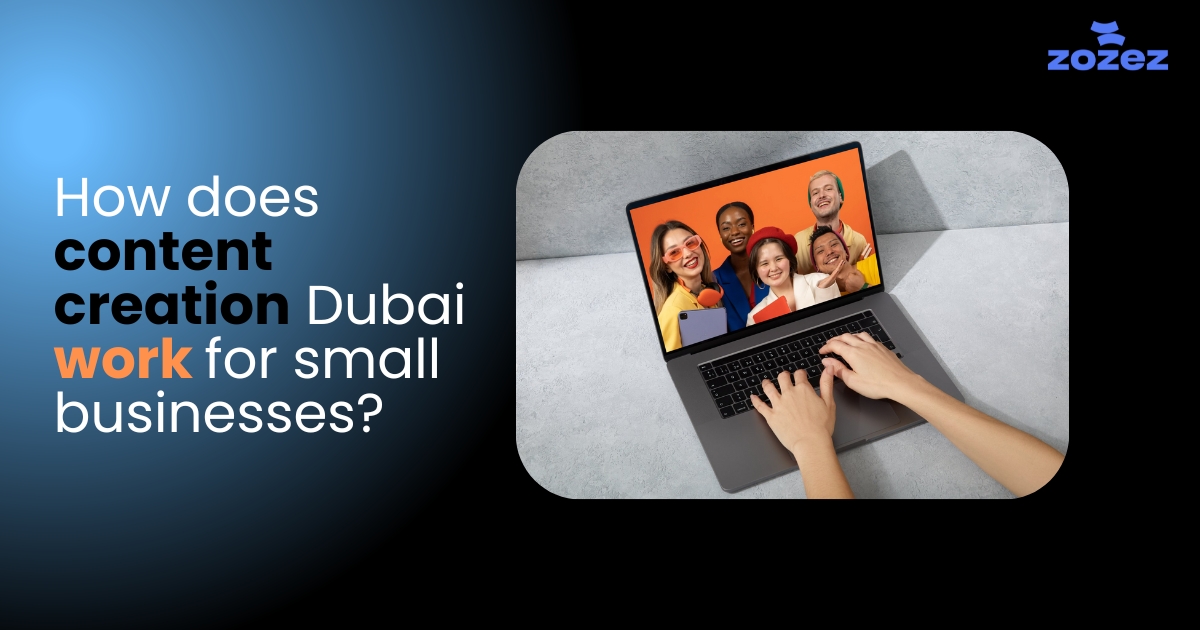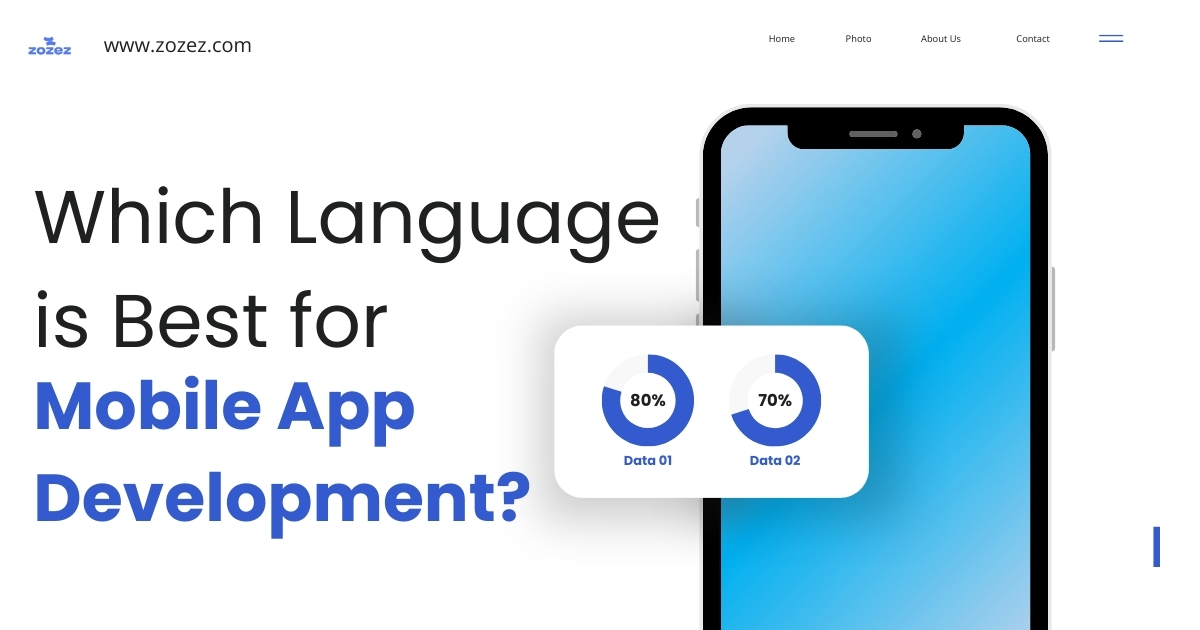
The mobile application landscape continues to evolve at an unprecedented pace, with businesses worldwide recognizing the critical importance of having a robust mobile presence. As a premier digital marketing agency based in the UAE, Zozez has witnessed firsthand how the choice of programming language can make or break a mobile application project. This comprehensive guide explores the most effective programming languages for mobile app development, providing insights that will help businesses make informed decisions about their mobile strategy.
Understanding the Mobile Development Ecosystem
Mobile app development has transformed dramatically over the past decade. The emergence of sophisticated frameworks, advanced development environments, and powerful programming languages has created numerous pathways for creating exceptional mobile applications. For businesses seeking to establish a strong mobile presence, understanding these options is crucial for success.
The choice of programming language directly impacts development timeline, performance, maintenance costs, and scalability. Companies must evaluate their specific requirements, target audience, budget constraints, and long-term objectives when selecting the most appropriate development approach.
Native Development Languages: The Foundation of Excellence
Swift for iOS Development
Swift stands as Apple’s flagship programming language, specifically designed for iOS, macOS, watchOS, and tvOS development. This modern language offers exceptional performance, safety features, and seamless integration with Apple’s ecosystem. Swift’s syntax is intuitive and expressive, making it accessible to developers while maintaining the power needed for complex applications.
The language provides automatic memory management, type safety, and optional types that help prevent common programming errors. Swift’s performance rivals that of Objective-C while offering significantly improved readability and maintainability. For businesses targeting iOS users, Swift represents the gold standard for native development.
Kotlin for Android Excellence
Google’s adoption of Kotlin as the preferred language for Android development has revolutionized the Android ecosystem. This modern programming language combines the best features of object-oriented and functional programming paradigms. Kotlin offers complete interoperability with Java, allowing developers to leverage existing Java libraries while enjoying modern language features.
Kotlin’s concise syntax reduces boilerplate code significantly, leading to faster development cycles and fewer bugs. The language’s null safety features help prevent the notorious NullPointerException errors that plague Java applications. For Android-focused projects, Kotlin delivers optimal performance and developer productivity.
Cross-Platform Solutions: Maximizing Reach and Efficiency
JavaScript and React Native
React Native has emerged as a powerful solution for cross-platform mobile development, enabling developers to create applications for both iOS and Android using a single codebase. Built on JavaScript and React principles, this framework allows web development teams to transition seamlessly into mobile development.
The framework’s “learn once, write anywhere” philosophy has attracted numerous enterprises seeking to optimize their development resources. React Native applications achieve near-native performance while maintaining code reusability across platforms. Major companies including Facebook, Instagram, and Airbnb have successfully deployed React Native applications at scale.
Dart and Flutter Framework
Google’s Flutter framework, powered by the Dart programming language, has gained tremendous momentum in the mobile development community. Flutter’s widget-based architecture and hot reload functionality enable rapid development and iteration. The framework compiles to native ARM code, delivering excellent performance on both iOS and Android platforms.
Dart’s syntax is familiar to developers with Java, JavaScript, or C# experience, facilitating smooth adoption. Flutter’s comprehensive widget library and customization capabilities allow developers to create visually stunning applications that maintain consistency across platforms.
C# and Xamarin Integration
Microsoft’s Xamarin platform leverages C# for cross-platform mobile development, appealing particularly to organizations with existing .NET expertise. Xamarin allows developers to share business logic across platforms while maintaining native user interface components.
The platform’s integration with Visual Studio provides a robust development environment with comprehensive debugging and testing tools. Xamarin’s ability to access platform-specific APIs ensures that applications can leverage device-specific features while maintaining code sharing benefits.
Specialized Development Approaches
C++ for Performance-Critical Applications
For applications requiring maximum performance, such as games, multimedia applications, or computationally intensive software, C++ remains unmatched. The language provides direct hardware access and minimal runtime overhead, making it ideal for resource-intensive applications.
Modern mobile app development software environments support C++ through various frameworks and libraries, enabling developers to create high-performance applications while maintaining platform compatibility.
Java’s Continued Relevance
Despite Kotlin’s rise, Java maintains significant relevance in Android development. Many existing applications are built with Java, and the language’s extensive ecosystem and developer familiarity ensure its continued importance. Java’s platform independence and robust libraries make it a viable choice for certain development scenarios.
Emerging Technologies and Future Considerations
The mobile development landscape continues evolving with emerging technologies like artificial intelligence, machine learning, and augmented reality integration. Modern mobile app development tool suites now incorporate these advanced capabilities, enabling developers to create more sophisticated and engaging applications.
Progressive Web Apps (PWAs) represent another significant trend, blurring the lines between web and mobile applications. These applications leverage web technologies while providing mobile-like experiences, offering an alternative approach for certain use cases.
Strategic Considerations for Business Success
Performance Requirements Analysis
Businesses must carefully evaluate their performance requirements when selecting development languages. Native languages typically offer superior performance but require separate codebases for different platforms. Cross-platform solutions provide code reusability but may involve performance trade-offs in certain scenarios.
Development Team Expertise
The existing skills and expertise of development teams significantly influence language selection. Organizations with strong JavaScript backgrounds may find React Native more accessible, while teams with .NET experience might prefer Xamarin approaches.
Project Timeline and Budget Constraints
Cross-platform development can significantly reduce development time and costs by enabling code sharing across platforms. However, complex applications may require platform-specific optimizations that could negate some efficiency benefits.
Zozez’s Professional Recommendations
As a leading digital marketing agency with extensive experience in mobile app development services, Zozez recommends a strategic approach to language selection based on specific project requirements:
- For iOS-focused applications: Swift provides optimal performance, ecosystem integration, and future-proofing
- For Android-centric projects: Kotlin offers modern language features with excellent Android integration
- For cross-platform efficiency: React Native or Flutter depending on team expertise and specific requirements
- For enterprise environments: Consider Xamarin for organizations with existing Microsoft technology investments
- For performance-critical applications: C++ remains the preferred choice for maximum optimization
Integration with Comprehensive Design Strategy
Successful mobile applications require more than excellent programming; they demand thoughtful design, user experience optimization, and strategic market positioning. The choice of programming language should align with broader business objectives and digital marketing strategies.
Modern mobile app development tool suites provide comprehensive environments that support multiple languages and frameworks, enabling teams to select the most appropriate technology for each project component.
Conclusion
The selection of programming language for mobile app development represents a critical decision that impacts project success, development efficiency, and long-term maintenance requirements. By understanding the strengths and limitations of each approach, businesses can make informed decisions that align with their strategic objectives.
Zozez’s expertise in mobile app development services and comprehensive understanding of the UAE market positions us as the ideal partner for organizations seeking to develop exceptional mobile applications. Our team’s proficiency across multiple programming languages and frameworks ensures that each project receives the most appropriate technical approach for optimal results.
The future of mobile development continues evolving, with new languages, frameworks, and tools emerging regularly. Staying informed about these developments and maintaining flexibility in approach ensures continued success in the dynamic mobile application landscape




